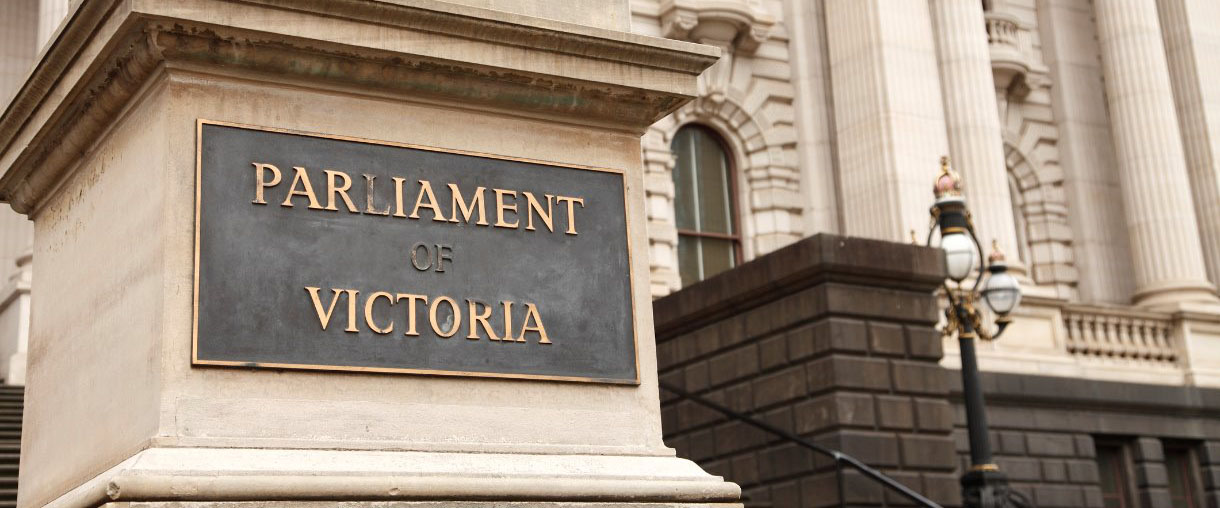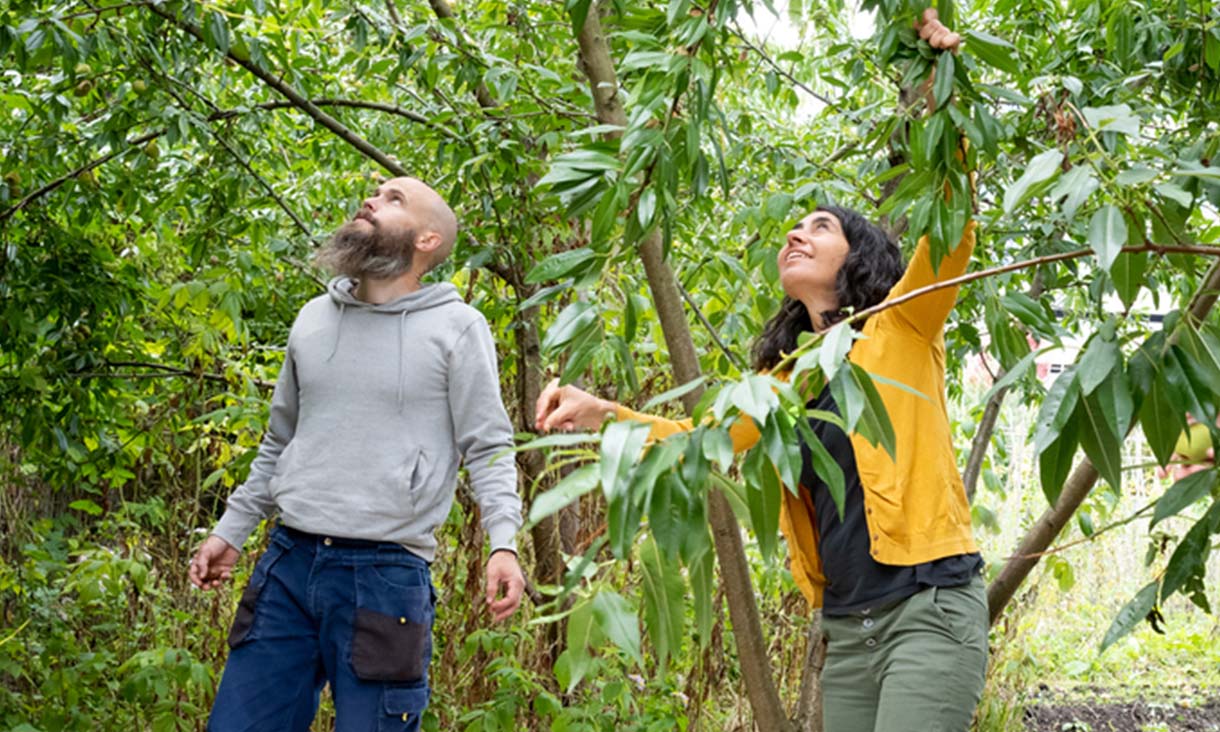Fundamental questions about what the community expects of government during a crisis and beyond are necessarily being raised, a debate she said was much larger than just big versus small government.
“For governments to be effective in a time like this they have to work very nimbly. They need to be able to adapt quickly to changing circumstances and respond to risks and new data.”
The State must work within a legal structure that enables this in order to best serve all Victorians, she said.
“We are in a consequential moment in time and it rightly feels like everything we do at the moment matters a great deal,” Hennessy said.
“While immensely challenging, it is an opportunity for us to ask: who has been hardest hit by this crisis and why; what isn’t working with our legal structures that we can change for the better; and how can we ensure that we create fairer conditions following the crisis so that human rights can be better realised?”
The annual public lecture, now in its eighth year, celebrates the legacy of politician and Chief Justice George Higinbotham (1826-1892) and explores topical legal issues, in particular, the interaction between the law and society.
Past speakers include Emeritus Professor Gillian Triggs, the Hon Catherine Branson, Hugh de Kretser and former Australian soccer captain turned human rights advocate Craig Foster.
Graduate School of Business and Law Professor Anthony Forsyth said the Higinbotham Lecture was the faculty’s premier annual event, which deepened connections with the legal profession and industry.
“We were honoured to have the Attorney-General deliver this year’s lecture and help us mark the launch of RMIT’s new Bachelor of Laws degree which we will offer from 2021,” he said.
“The panel discussion led by Professor Bronwyn Naylor and Stan Winford helped to deepen our audience’s understanding of the critical issues confronting the Victorian legal system arising from the pandemic.”
Story: Grace Taylor





